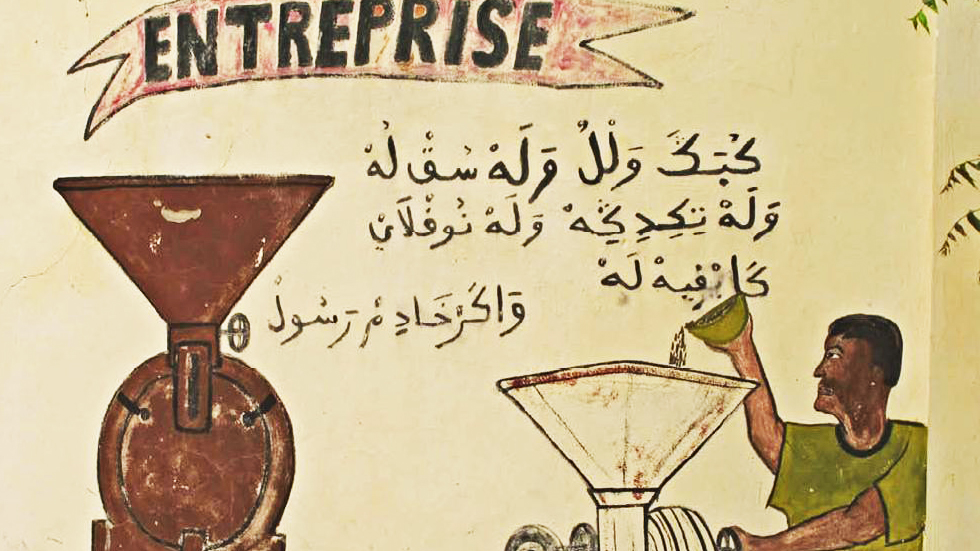Felicity Heywood traces the origins of the Afro Comb from 3500 BCE to the present day. She writes at This Is Culture.
Most of us today know the Afro comb in relation to the Black Power salute of the 1960s, as stuck in the side of a young man’s hair or the implement that gave pain when our mother combed through our knotted hair.
But this type of African comb with its vertical design and long teeth, originated in Kush and Kemet in present day Sudan, South Sudan and Egypt.

We know this because archaeologists have unearthed combs, some from 7,000 years ago from this region of Africa. The oldest comb we have in institutional collections today is 6,000 years old.
It was a pleasure to be involved in the research for the Origins of the Afro Comb exhibition at Cambridge’s Fitzwilliam Museum which is showing now. I worked closely with the curator over a five-month period to seek combs from across Africa, find out about the cultures that had used them and let themes reveal themselves for exhibition sections. I learned heaps.
The number of correlations between the combs across centuries and across Africa is uncanny. The Kemetian culture has translated across regions on the continent. Or indeed as some evidence suggests that the Kemetian culture originated at the mouth of the Nile in present-day Uganda, Rwanda, Congo and travelled down river to Ancient Egypt and Ancient Sudan.
The Kemetians’ combs had cultural and animist significance. On top of the comb, we see two birds, bulls’ horns, hippopotamus – all possibly representing their closeness to nature and respect for the environment. Images of men and women are also seen on combs.
When we move through to the 19th and 20th century, there are many Nigerian in particular but also other West African combs. We know that in the Yoruba tradition combs could be given as parting gifts, to end a friendship. But they could also be a way to seal a friendship or as lucky charms.

In more modern times the African comb has become politicised. The 1960s African-American human rights struggles led to seeking strength and pride in self. Embracing natural hair became the norm in some circles. The Black Power Fist comb was first produced in 1972, and was immediately reminiscent of the 1968 Black Power salute by Olympians Tommie Smith and John Carlos.
Today the combs are made of plastic, wood less-so. They are produced less and less today, though there are some specialist carvers in Nigeria that we know of and probably in other countries. Many of the plastic Black Power combs are made in many colours in China and can be found on the continent.
I was blown away by the beauty of the combs both traditional and modern; how my ancestors carved and created such intricate designs. I am very proud that we as Africans have such a strong heritage. It is something we must translate to our children in the Diaspora as well as on the continent.
Recently, I have been delivering workshops to youth groups and primary schools in London. Children from all backgrounds are engaged and are wowed by the history. Children of African descent are proud and those as young as seven can relate the history to their own heritage. Seeing this impact is what makes the real difference.
The Origins of the Afro Comb exhibition continues until Saturday 2 November at the Fitzwilliam Museum in Cambridge.
Felicity Heywood is a researcher, writer and journalist on African culture and heritage. Follow her on Twitter @culturalvoices.






Very informative.
And educational as a young black girl and have more reasons to wear my afro high and proudly❤
Sorry,l am confused concerning the 6000 year old comb from Egypt’s pre-dynastic era. . Are you saying that this is an Afro comb or an African comb. Thank you.